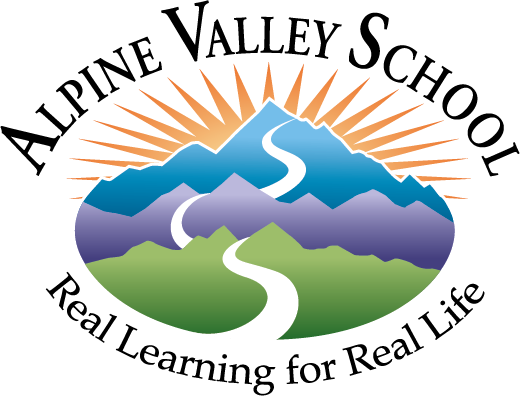Not-So-Hidden Curricula
Wikipedia calls it "a side effect of education," lessons "learned but not openly intended." The Glossary of Education Reform cites "unwritten, unofficial, and often unintended lessons, values, and perspectives," the unspoken messages communicated to students.
I'm referring of course to the term hidden curriculum—which seems a glaring misnomer, as I don't believe anyone could deny that it's "hidden" in plain sight. When it comes to school, the so-called hidden curriculum contains the rules of the game: it's how things work in reality, as opposed to theory; whatever is said aloud, this is how things are done.
Indeed, the hidden curriculum is the clearest indicator of what a given school values most. And even a quick glance at the "unspoken messages communicated to students" in conventional and Sudbury schools reveals starkly different sets of assumptions and priorities.
What are some of the "unintended lessons" students receive in conventional schools? Here are the messages I recall from my years as a student and teacher in that system:
- You can't be trusted to take charge of your own learning: you're not ready for, or capable of, autonomy.
- You have to wait until you're older and out of school to gain control over how you spend your waking hours.
- You can't learn what you need to know without adults (chosen for you) telling you what to do and when, then rewarding you (or not) for how well they think you're doing.
- You're too immature to be given responsibility or allowed to help manage your learning environment.
- Learning is most effective when it's conducted in groups; led and closely managed by experts; and focused on discrete fields of content.
In contrast, at Alpine Valley School (and others following the Sudbury Model), young people absorb very different messages:
- No one is in a better position than you to know what, when, and how you should learn or what constitutes a good use of your time.
- It's your life: what becomes of it—starting right now—is up to you. You just need to take initiative, ask for any help needed, and follow through in order to make things happen.Your voice matters every bit as much as anyone else's, regardless of age.
- You are expected to make responsible decisions, and capable of handling the results of all your choices.
- The most effective learning is found in real life, not situations removed from life.
I said earlier that the "hidden" curriculum really isn't—but this is spectacularly so at Alpine Valley School. Far from being unofficial or unspoken, the messages in that second set of bullet points are stated explicitly, and often, in both our official materials and in daily conversations. Rather than "can't, can't, can't," AVS students are told that they can—provided, of course, that they want to; that they're willing to work at it; and that they do so in ways that respect others.
Whether our children hear more distrustful or empowering messages throughout their years of schooling profoundly influences how they come to view the world and themselves. Consider which of these not-so-hidden curricula you want for the children you know and love, which one's more likely to prepare them for lives of happiness and success.
